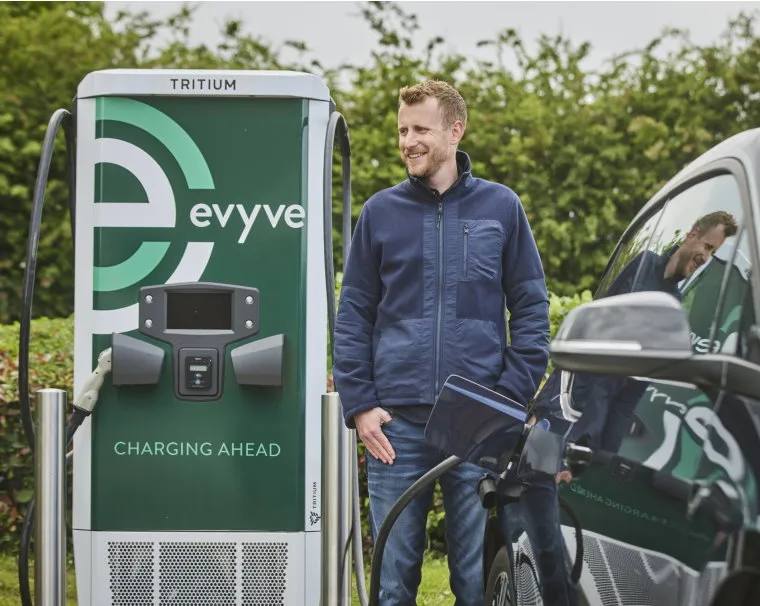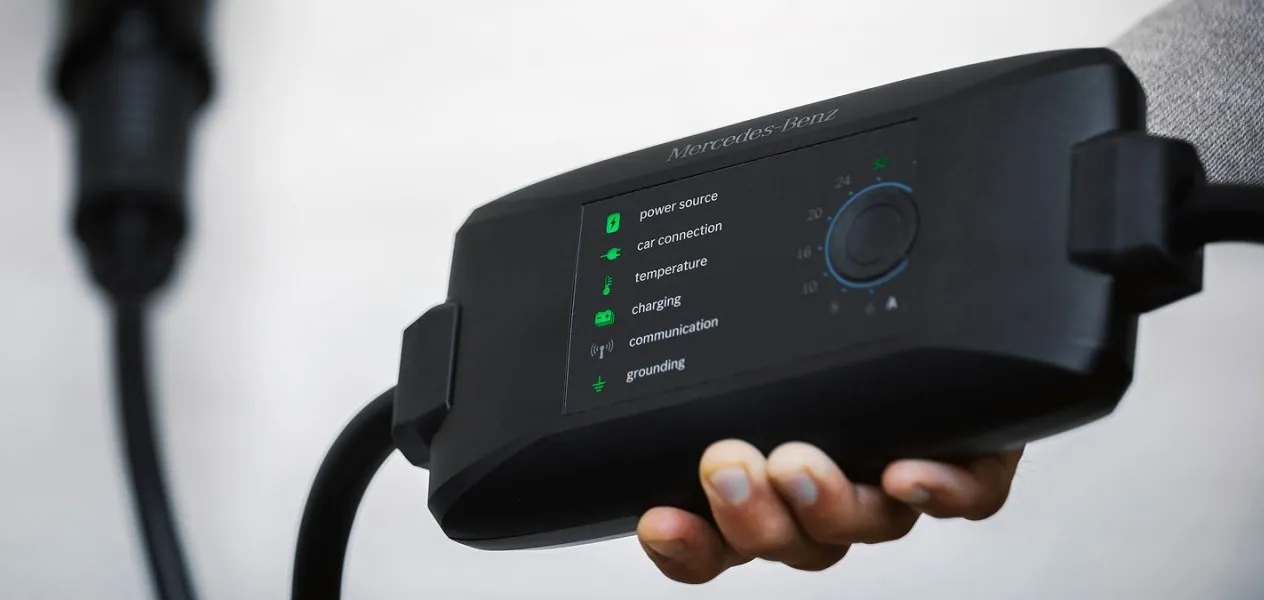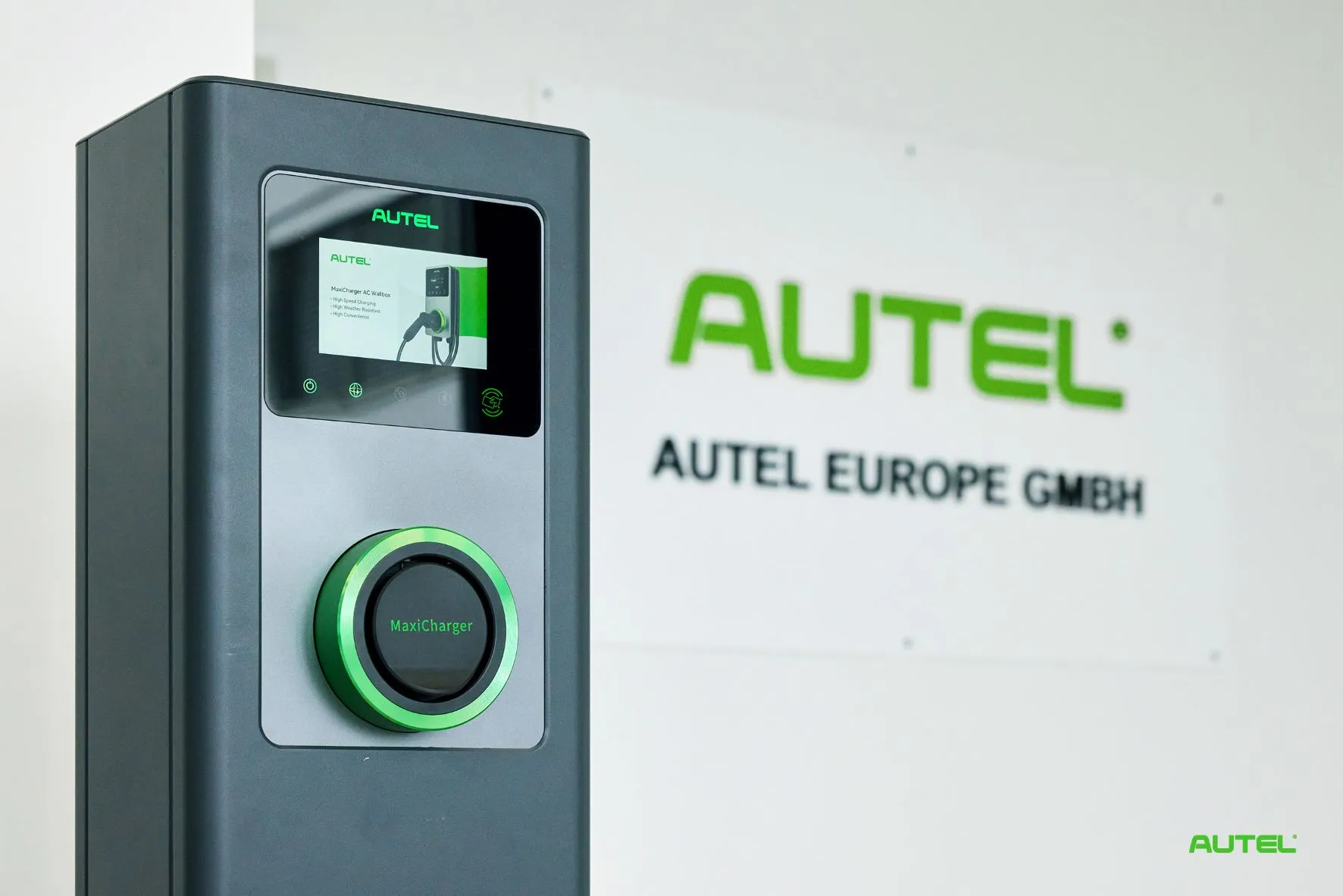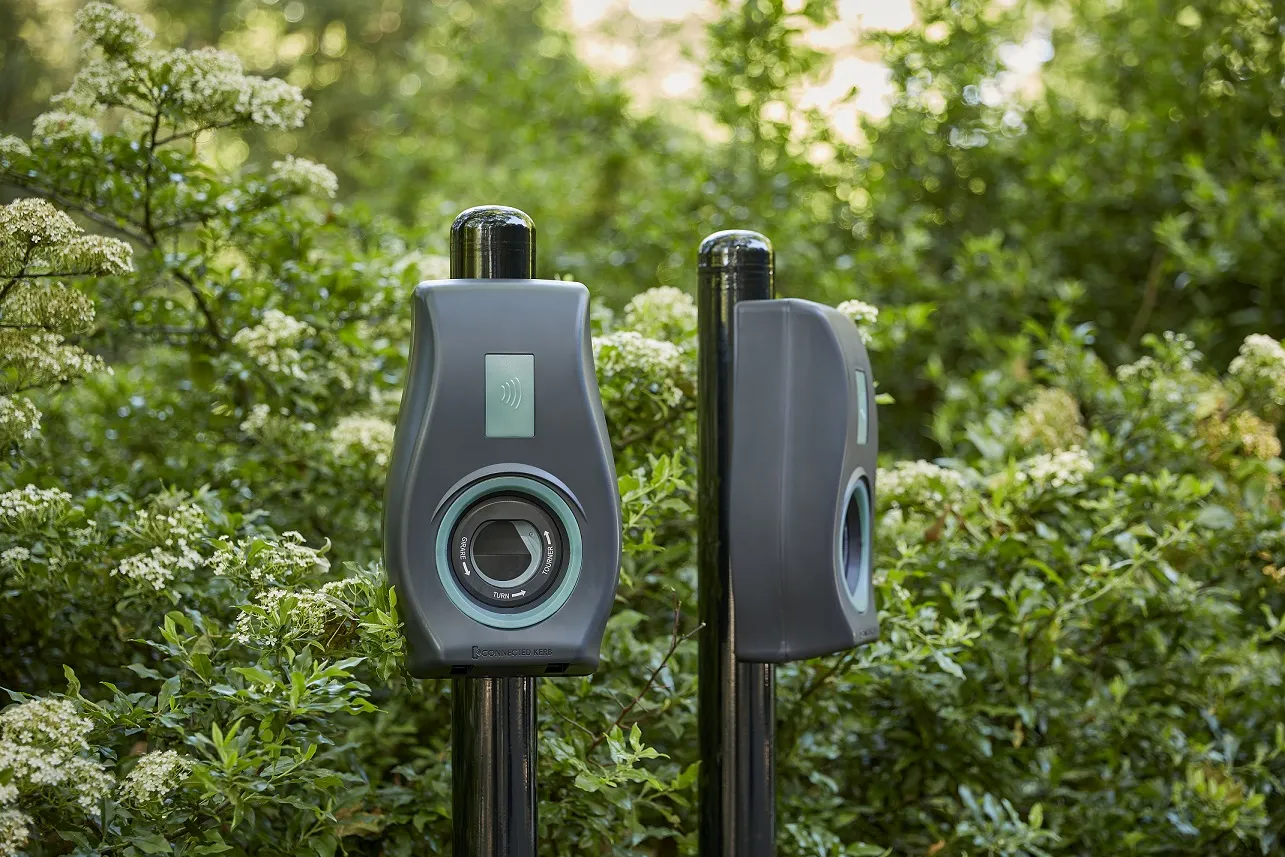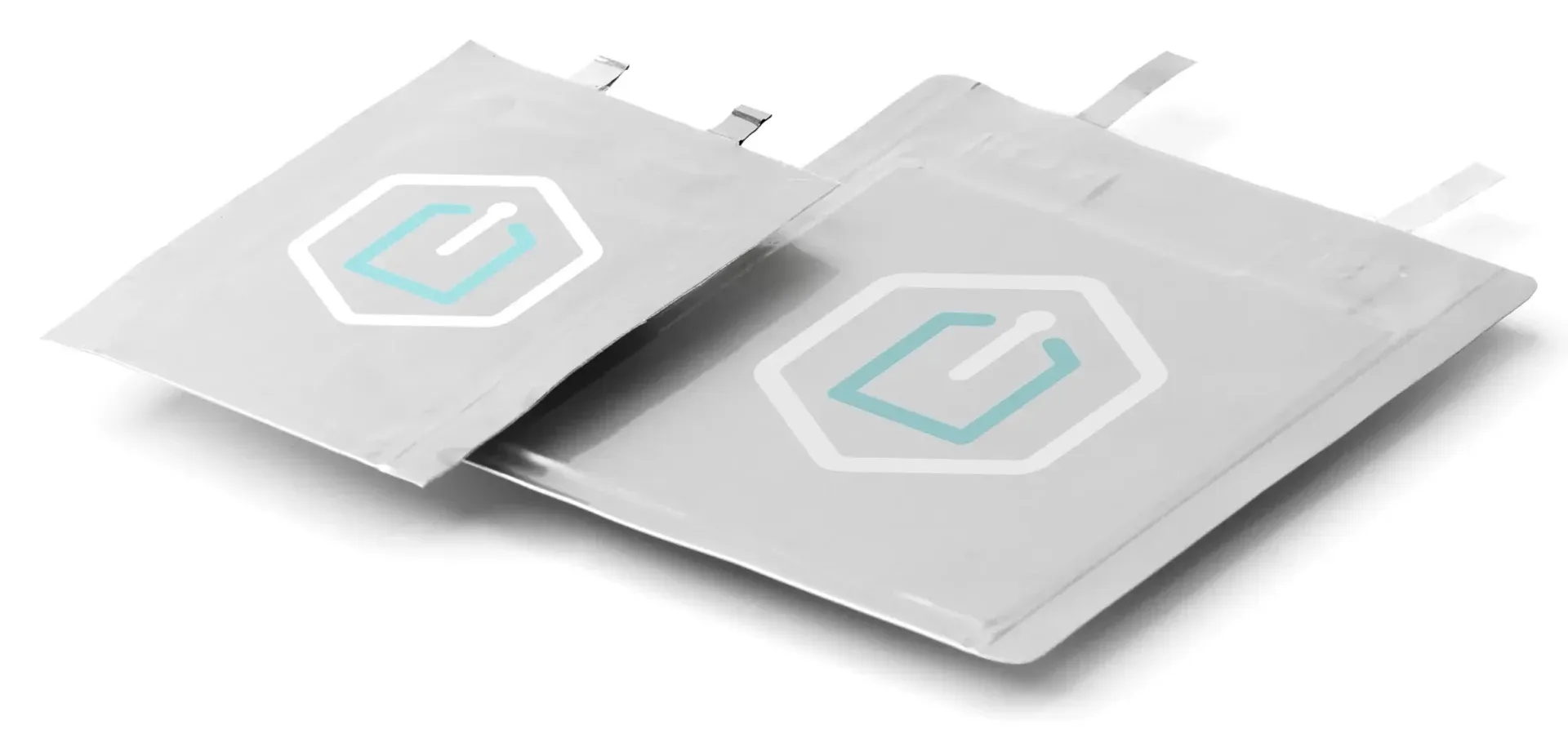
The company says this breakthrough achieves a major advancement in battery technologies, with profound implications for increasing the power and energy density of consumer electronics devices and energy storage industries. LeydenJar says it is exploring new applications in emerging sectors such as EVs, energy storage, and wearables.
Silicon anodes offer the promise of significantly higher energy density for lithium-ion batteries when replacing traditional graphite anodes. However, a major challenge has been silicon’s tendency to swell during charge-discharge cycles. This swelling can damage the cell internally, leading to early degradation and failure. To counter this, researchers in the field of silicon-dominant anodes typically use heavy clamps to apply high amounts of external pressure to cells during operation to maintain the structural integrity of the anode and prevent failure. Typically, this pressure is on the order of 1 MPa—equivalent to the weight of three grand pianos resting on a smartphone.
LeydenJar says its new silicon anode technology means the need for external pressure has been entirely eliminated for the first time, whilst still achieving the customer-defined benchmark target of 500 cycles until 80% capacity retention, and 700 cycles until 70% capacity retention.
The breakthrough is the result of extensive research and innovation in the design of the silicon anode’s structure and morphology. The 100% silicon anode features a porous architecture that effectively accommodates silicon’s expansion and contraction during cycling, ensuring the structural integrity and long-term performance of the cell.
LeydenJar says the elimination of external pressure opens up new possibilities for silicon anodes in consumer electronics. By replacing graphite with ultra-thin 100% silicon anodes, LeydenJar’s technology can increase the energy density of batteries by up to 50%, offering consumers longer battery life, more energy-efficient devices, and enhanced features such as onboard artificial intelligence.
With the growing demand for lightweight, high-performance batteries that fit into increasingly compact and multifunctional devices, LeydenJar’s silicon anode technology provides a much-needed solution.
In the wake of this achievement, LeydenJar is actively working with leading cell manufacturers and OEMs to integrate its silicon anode technology into next-generation battery cells and devices. The company is working closely with battery cell manufacturers to ensure that its technology can be seamlessly incorporated into high-volume production and deployed in a wide range of consumer products.
“We are extremely proud of this breakthrough and the potential it unlocks for the future of energy storage,” says Christian Rood, CEO of LeydenJar. “This achievement represents the culmination of years of research and development, and we are excited to bring this technology to market. We look forward to collaborating with manufacturers to produce next-generation batteries with silicon anodes at its core.”


